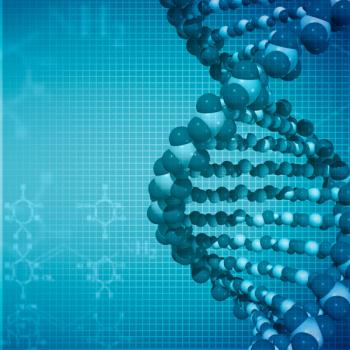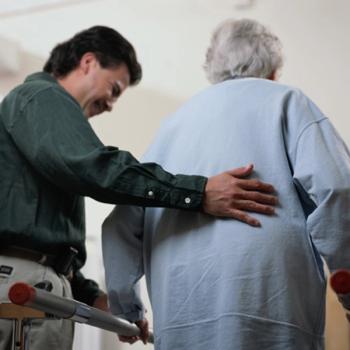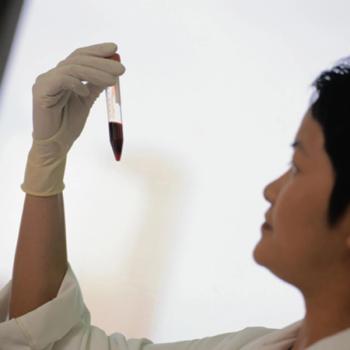
Breast Cancer
Latest News


October is Breast Cancer Awareness Month, so be prepared to see pink everywhere you turn.

Claustrophobic, needle-phobic and just plain wimpy, the fight to survive has pulled me through.

Would you go see a genetics counselor again, now that there may be more to test for? Would you get a double mastectomy seven years out?

Mail-order kits are now making genetic testing more accessible to patients who may need it the most.

Second guessing personal medical decisions is common in the world of breast cancer. Is it wrong to rethink some of those choices?

Breast cancer survivor reflects back on what she wishes the medical profession's approach could have been to her cancers.

Living in a selfie-centered world can be challenging, especially for those touched by breast cancer.

Pink ribbons came out of the woodwork when I was diagnosed with breast cancer, and at first, I hated them.

Two-time cancer survivor says lets look death and dying in the face so we don't live our lives in (as much) fear.

It is important to consider quality of life and survival calculations when treating older patients with HER2-positive or triple-negative breast cancer (TNBC), according to a recent talk at the 2017 Lynn Sage Breast Cancer Symposium.

Nature has provided medicine for many ailments. A male breast cancer survivor asks, why not this one?

Genomic testing is often expensive and inaccessible to those who can't afford the costs, but companies are working diligently to provide people with alternatives.

Blogging for CURE helped me find my voice and process my breast cancer experience.

At one time, the word “cancer” was only whispered and never spoken out loud. Times change, but sometimes it’s hard to let those you work with know that you have/had cancer.

Martha Carlson talks about what it's like to join a group of active advocates for stage 4 breast cancer

An optimistic attitude is beneficial to achieving good health. Those affected by cancer need to learn to tap into the valuable resource of positive self-talk. Here's how:

An injured cancer survivor reluctantly but gratefully copes with neuropathy, osteopenia and stiff-joint cancer side effects after recently breaking her foot and getting surgery.

A former Disney cast member and cancer survivor discovers a new meaning to these beloved lyrics.

A breast cancer and melanoma survivor offers ideas to help newly diagnosed cancer patients cope and get through their cancer.

One breast cancer survivor learns to finally accept breast cancer awareness month.

Women with ovarian or breast cancer often don’t receive the genetic testing they need in order to devise the best treatment plans, a new study says.

It's hard to watch someone choose to end or forgo conventional treatment without succumbing to the urge to educate. But education isn't always what patients need.

With summer over, two-time cancer survivor and clutter-clearing author shares time management help with a cancer-enhanced awareness that her time is her life.

Research announced at the Madrid conference could radically change treatment for lung cancer, melanoma and kidney cancer
